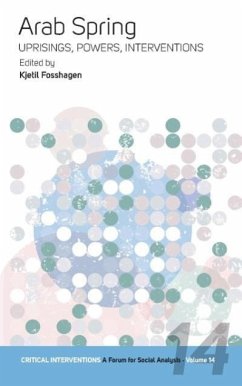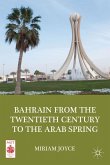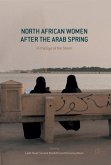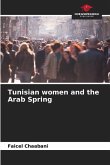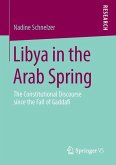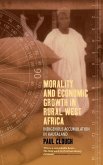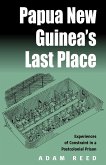The events of the Arab Spring presented a dramatic reconstitution of politics and the public sphere through their aesthetic and performative uses of public space. Mass demonstrations have become a new global political form, grounded in the localization of globalizing processes, institutions, and relationships. This volume delves beneath the seemingly chaotic nature of events to explore the structural dynamics underpinning popular resistance and their support or suppression. It moves beyond what has usually been defined as Arab Spring nations to include critical views on Bahrain, the Palestinian territories, and Turkey. The research and analysis presented explores not just the immediate protests, but also the historical realization, appropriation, and even institutionalization of these critical voices, as well as the role of international criminal law and legal exceptionalism in authorizing humanitarian interventions. Above all, it questions whether the revolutions have since been hijacked and the broad popular uprisings already overrun, suppressed, or usurped by the upper classes.
Hinweis: Dieser Artikel kann nur an eine deutsche Lieferadresse ausgeliefert werden.
Hinweis: Dieser Artikel kann nur an eine deutsche Lieferadresse ausgeliefert werden.

